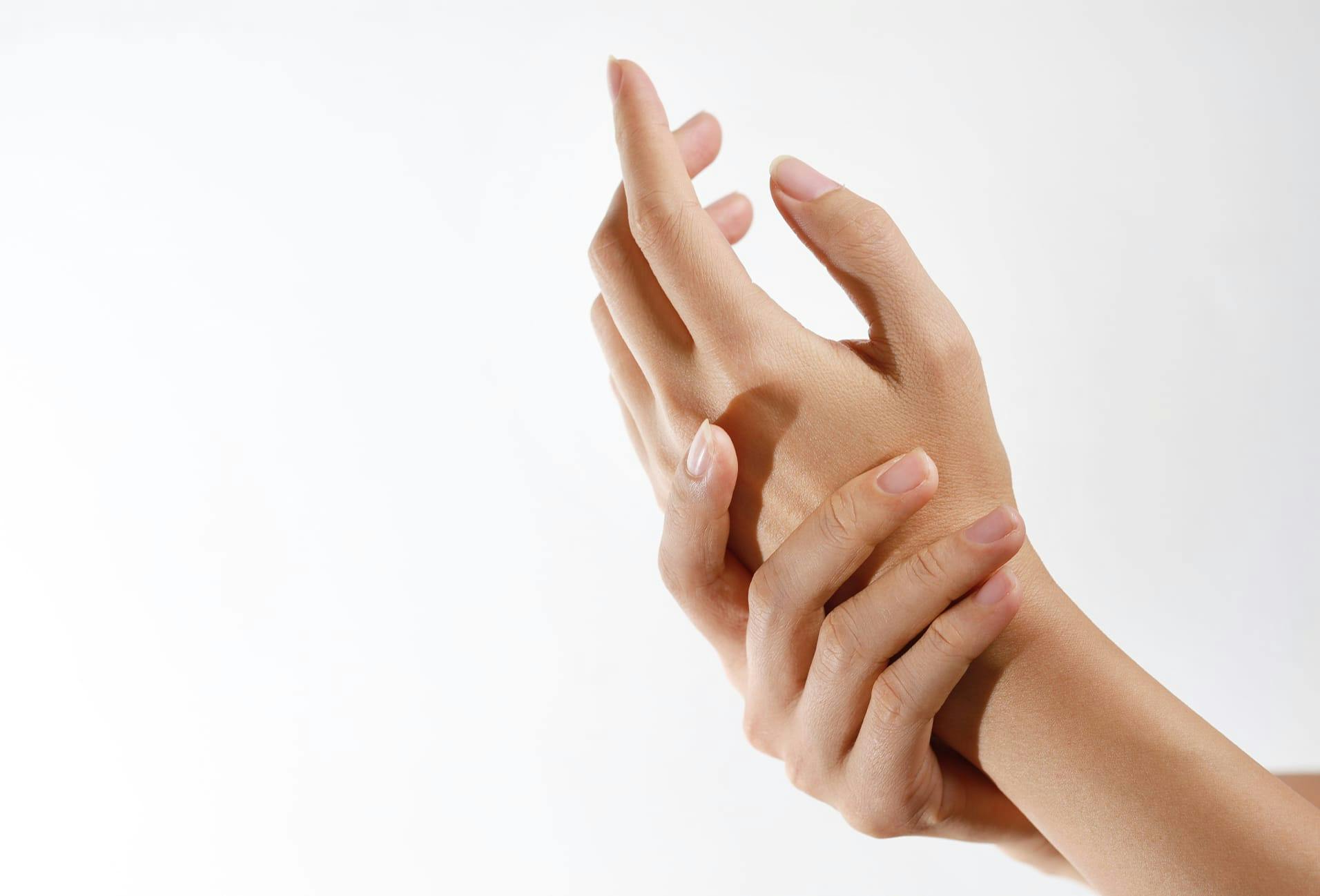Carpal tunnel syndrome, also known as CTS, is a condition brought on by increased pressure on the median nerve (one of the main nerves at the wrist). CTS can be treated with several methods, depending on the underlying causes and the severity of your symptoms.
What causes carpal tunnel syndrome?
In most cases of carpal tunnel syndrome, the cause is not fully known. What is known is that pressure on the nerve can occur in several ways:
- Joint dislocations
- Fractures
- Keeping the wrist bent for long periods of time
- Arthritis
- Swelling of the lining of the flexor tendons (called tenosynovitis)
Fluid retention during pregnancy can cause swelling in the tunnel and may lead to symptoms of carpal tunnel syndrome, which often fade once the child is born. Thyroid conditions, rheumatoid arthritis, and diabetes may also be associated with carpal tunnel syndrome. There may be a combination of causes.










